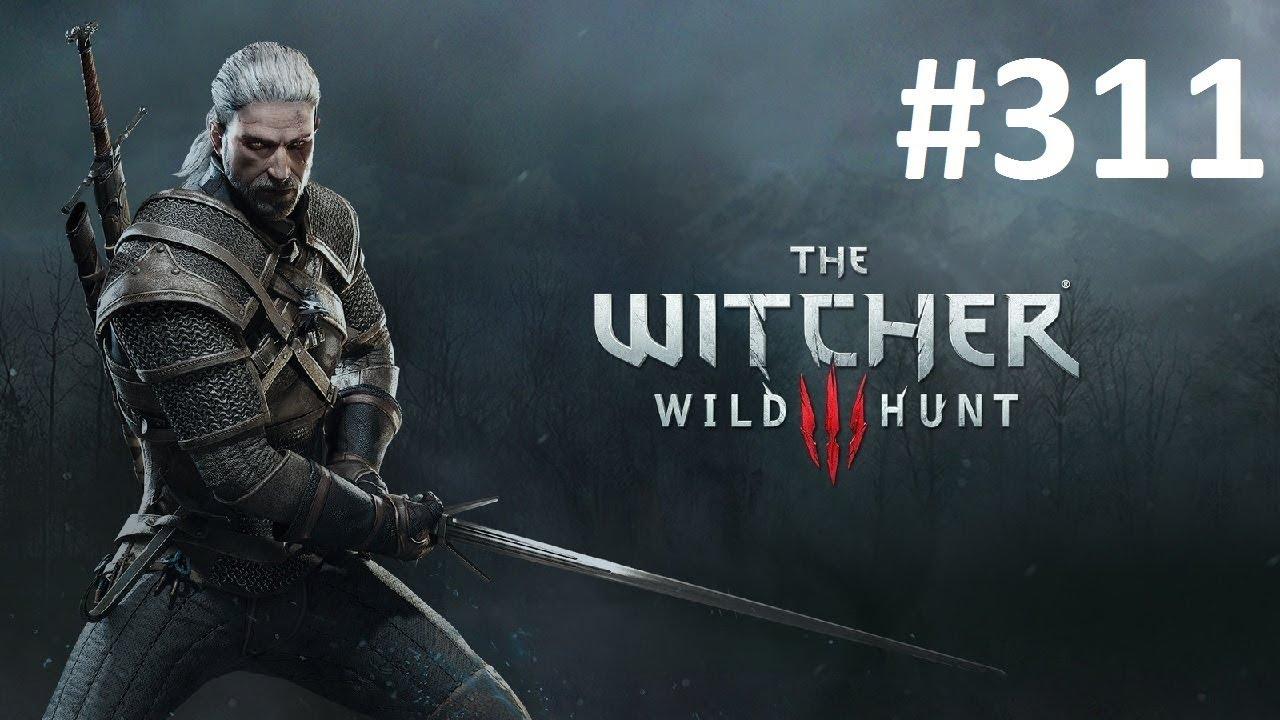The Witcher: A Cultural and Literary Legacy

Introduction
The Witcher, originally a series of fantasy novels by Polish author Andrzej Sapkowski, has become a global phenomenon since its inception in the 1980s. With its rich lore and complex characters, it has captivated readers and viewers alike. The release of the Netflix adaptation in 2019 significantly boosted its popularity, making The Witcher relevant not just in literary circles but also in mainstream entertainment. This article explores the evolution of The Witcher and its significance in today’s cultural landscape.
The Rise of The Witcher
Andrzej Sapkowski’s The Witcher series, comprising short stories and novels, first gained traction in Poland before being translated into multiple languages. The books follow the adventures of Geralt of Rivia, a monster hunter navigating a morally ambiguous world. The series’ themes of good versus evil, prejudice, and the human condition resonate deeply with audiences.
The success of the books laid the foundation for a video game series developed by CD Projekt Red. Launched in 2007, The Witcher video game franchise garnered critical acclaim and commercial success, with The Witcher 3: Wild Hunt receiving multiple Game of the Year awards and setting new standards for open-world gaming.
The Netflix Adaptation
In December 2019, Netflix premiered its live-action adaptation of The Witcher, starring Henry Cavill as Geralt. The series received mixed reviews, but it undeniably introduced a new audience to Sapkowski’s universe, quickly becoming one of the streaming platform’s most-watched shows. The show’s success led to an upcoming second season and various spin-offs in the works, including an animated film and a prequel series.
Viewers have praised the show for its production quality, character portrayal, and adherence to the source material, as well as its ability to bring complex moral narratives to life. However, some fans expressed concerns over character deviations and plot inconsistencies, sparking discussions about fidelity to the original works.
The Cultural Impact of The Witcher
The Witcher has not only transformed the landscape of fantasy literature and entertainment but has also influenced various aspects of pop culture. It serves as a touchstone for discussions on morality, humanity, and the consequences of choices, appealing to a broad spectrum of due to its nuanced storytelling.
Conclusion
The continued popularity of The Witcher highlights a growing interest in complex narratives within the genre of fantasy. As new adaptations and expansions of the franchise emerge, it is clear that The Witcher will remain a pivotal player in shaping contemporary fantasy storytelling. As audiences eagerly anticipate future releases, Sapkowski’s work has firmly established itself as a significant cultural phenomenon, proving that the world of Geralt of Rivia has enduring appeal.
